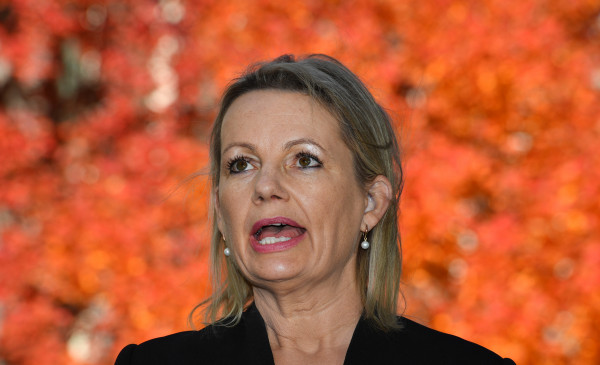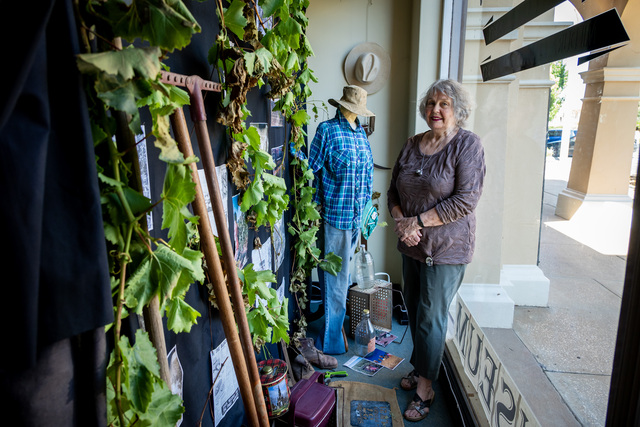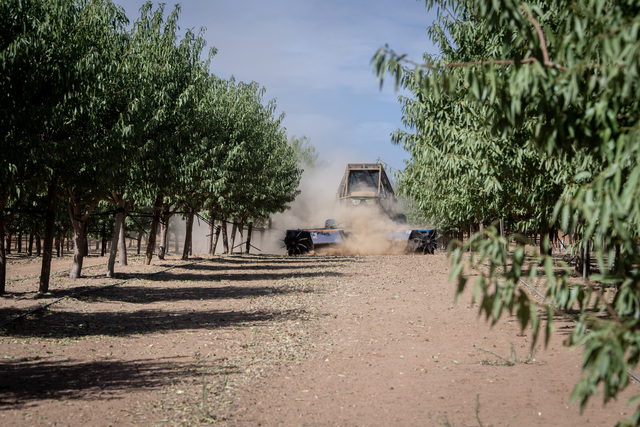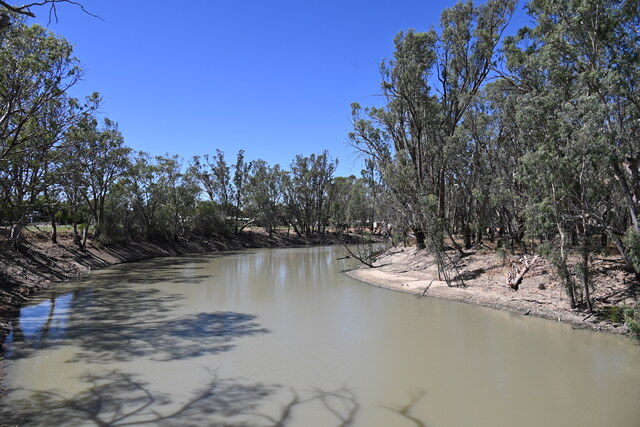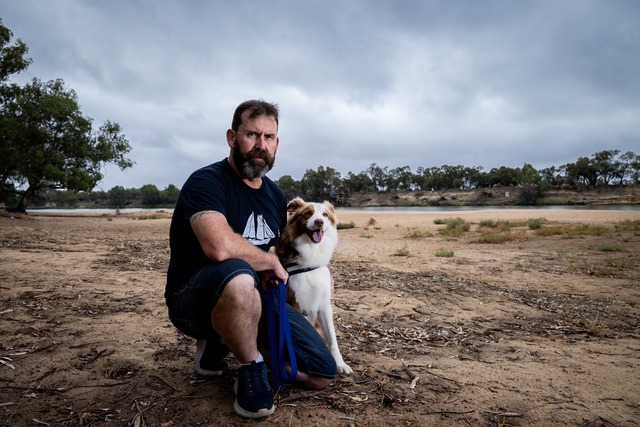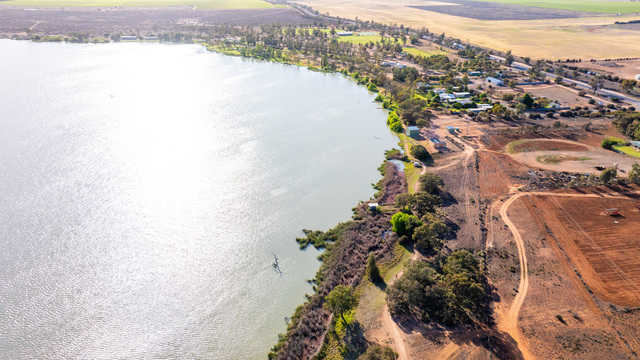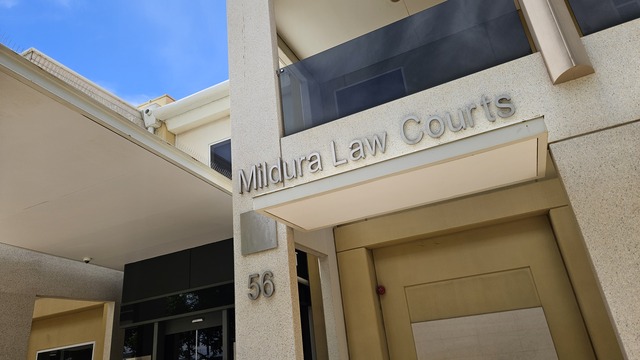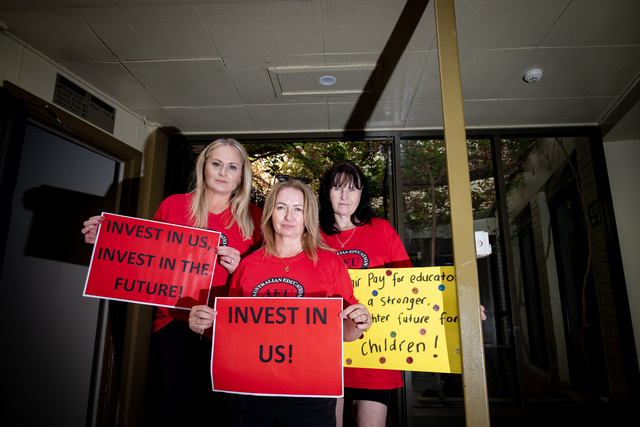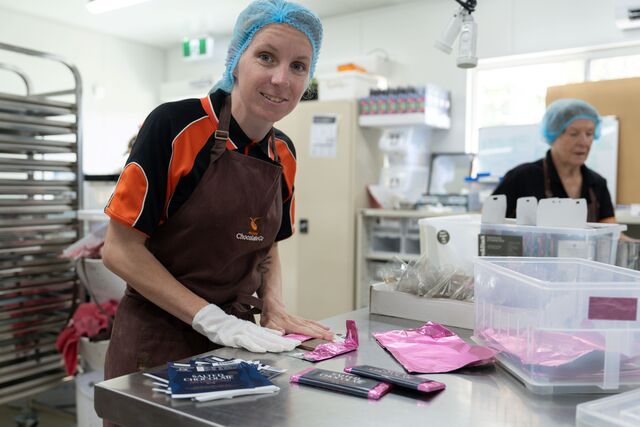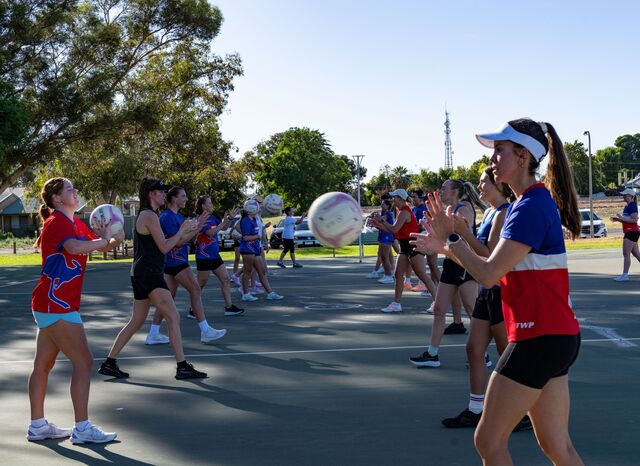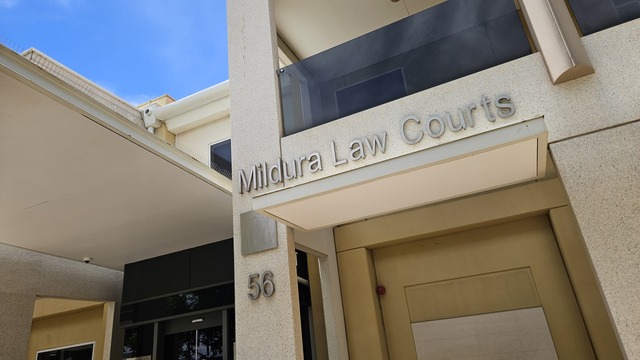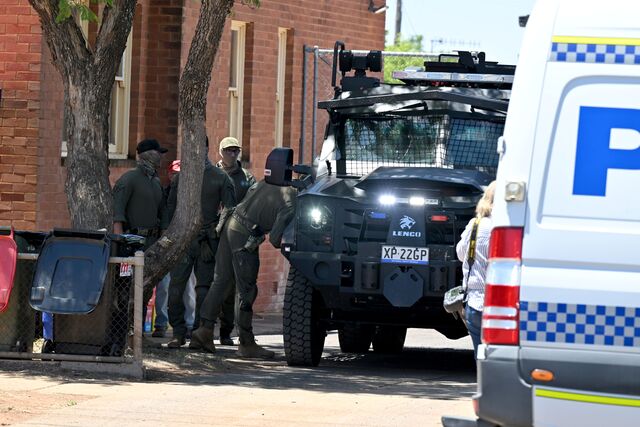MEMBER for Farrer Sussan Ley has dismissed concerns that the Federal Government’s Water for Fodder program will be exploited.
And Water Resources Minister David Littleproud says what farmers do with their current allocations is a “decision for them”.
Their responses have been slammed by Victorian Farmers Federation Sunraysia spokesman Bill McClumpha, who said it confirmed the government was aware of the program’s loophole, which opens the door for big corporations to cash in.
“It’s a straight-out admission that people can sell the equivalent amount of water and clean up,” he said.
Mr McClumpha said there was potential for farmers to exploit the program by accessing cheap water to grow fodder, while onselling the same amount of water from their current allocation at a much higher price.
Farmers can apply for two 50-megalitre parcels priced at $100 a megalitre in the first round of the program — the release of 40 gigalitres — this month, provided they have less than one gigalitre in their allocation account. The water must be used to grow fodder.
The remaining 60GL will be released in April next year pending a review of the first phase.
Ms Ley told Sunraysia Daily she would be “disappointed” to see speculators or larger corporates get involved.
“Even if they were, water brokers are excluded and so is any onselling — there will also be spot checks of applicants and the Department of Agriculture will need evidence that fodder or pasture has been grown,” she said.
A spokesman for Mr Littleproud said strict limits had been placed on how the water from the program had to be used but acknowledged there were no restrictions around onselling water from their own allocations.
“How people use water they already hold is a decision for them,” the spokesman said.
Mr McClumpha scoffed at Ms Ley’s assertions and her lack of action in ensuring the program was monitored.
“She has in no way addressed any of the very real concerns raised about the Coalition’s Water for Fodder program,” he said.
“Talk about being disappointed at any large-scale corporate involvement doesn’t cut it.
“If she was genuinely concerned about corporate involvement she would make sure she had the guidelines revised to ensure the so-called larger corporates could not apply in the first place.
“Additionally, Ms Ley’s claims that onselling is excluded is in practice untrue and egregiously misleading.
“Once the $100-per-meg water is credited to an irrigator’s ABA, so long as the irrigator grows the required pasture, they can immediately onsell an equivalent amount of water at the market value for an effective, unearned, return of around 700-1000 per cent.”
Mr McClumpha has suggested the program be run on a means-tested scheme to ensure the most in-need applicants were prioritised.
But Ms Ley disagreed.
“A means test would only be another layer of red tape when this is designed for farmers who are being priced out of the high-security market right now,” she said.
“Water for Fodder is about growing some pasture for your livestock here, or for supply to the north where drought conditions are even more severe.
“This is something I’ve labelled as farmers helping farmers so I think Mr McClumpha’s assessment is completely off the mark here.”
Mr McClumpha said he was disappointed to see these programs being put in place with no input from area stakeholders and organisations.
“The National Farmers’ Federation and the Victorian Farmers Federation both have extensive horticultural memberships,” he said.
“Clearly they should be working with Ms Ley and her colleagues to amend the scheme guidelines to include horticulturists and make uptake conditional on need.”

